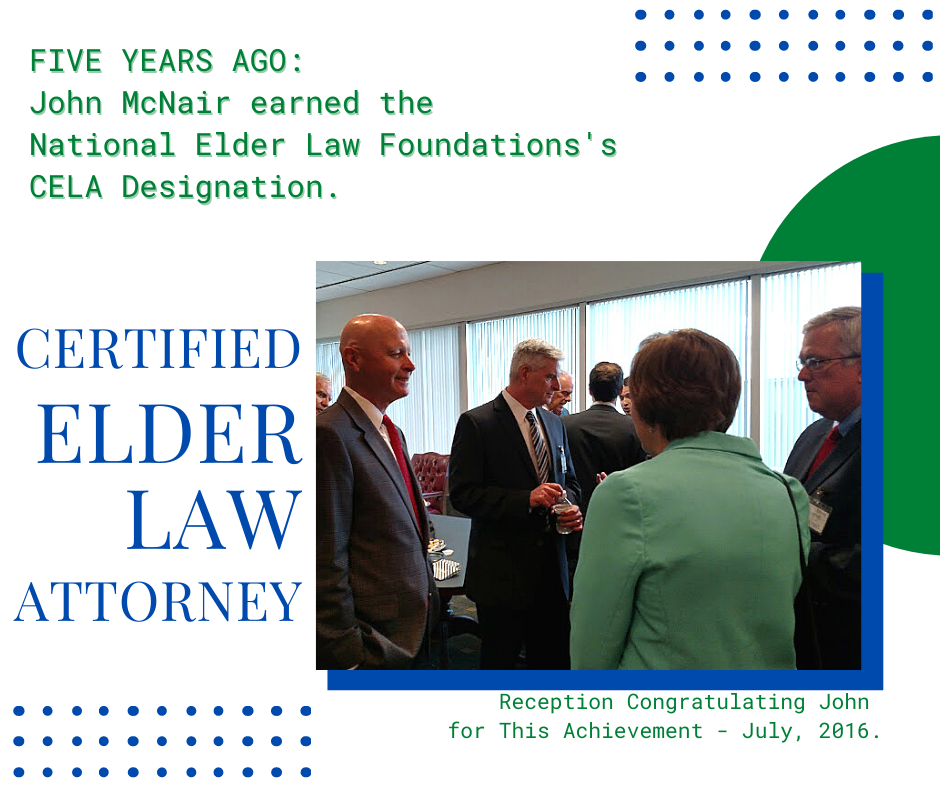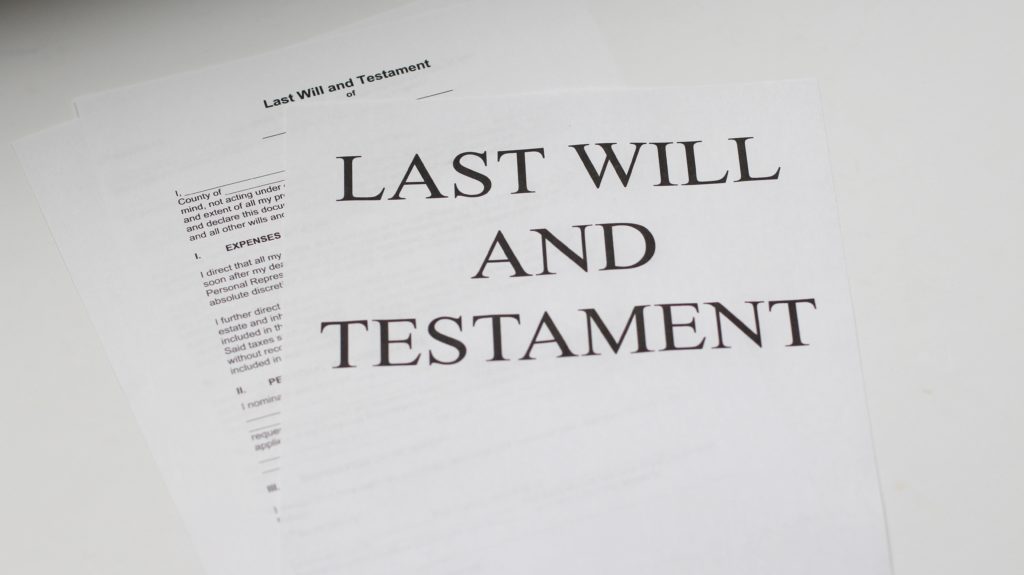Why Should I Have a Living Will?

As a review of terms, a will is a legal document that specifies how a person’s estate should be handled only after that person’s death. A living will has nothing to do with how your “things” like property, money, jewelry, etc. are to be distributed. Unlike a will, it is, in fact, a document that comes into play while you’re still alive.
Now is the Right Time to Approach Parents about Estate Planning

If you have a parent over the age of, say, 65, thoughts about their future may have started to creep into your mind. However, because end-of-life planning can be emotional and overwhelming, it’s tempting to put these conversations off—and even more pleasing to avoid them altogether.
What Do Elder Law Attorneys Do?

Elder law attorneys can help with a long list of legal matters that seniors often face…
What Should I Know about a Do-Not-Resuscitate Order or DNR?

If you are admitted to a hospital for even minor procedures, there is a good chance you will be asked to read and consider signing a do-not-resuscitate order.
Uncertainty About When Family Members Can Make Your Medical Decisions?

Ensuring that your wishes on your medical care are followed, is up to you. Take action now while you’re well, or you could later lose a say in the matter during a crucial time.
Your Last Will and Estate Planning Checklist

Most people should have a will, but it’s rarely the most significant estate planning document that an individual will hold.
Are Your ‘Affairs’ Really in Order?

With the threat of COVID-19, we’ve all come face-to-face with our mortality, but are you prepared for the worst?
Have You Made a Living Will?

A living will is a legal document that allows you to specify the kind of care you’d like to receive in end-of-life situations. This is different from an advance healthcare directive, though either one can be an important part of an estate plan.
If Your Spouse Is Seriously Ill, Get Your Estate Plan in Order

Planning for the death of a spouse is difficult and painful. It involves conversations that we don’t want to have.
Every Adult Needs a Will and a Health Care Power of Attorney

A serious illness can happen at any age, but just 18% of those 55 and older have a living will, power of attorney for health care and a last will and testament, according to a 2019 study by Merrill Lynch Wealth Management. AZ Central’s recent article entitled “What to know about wills and health care…


